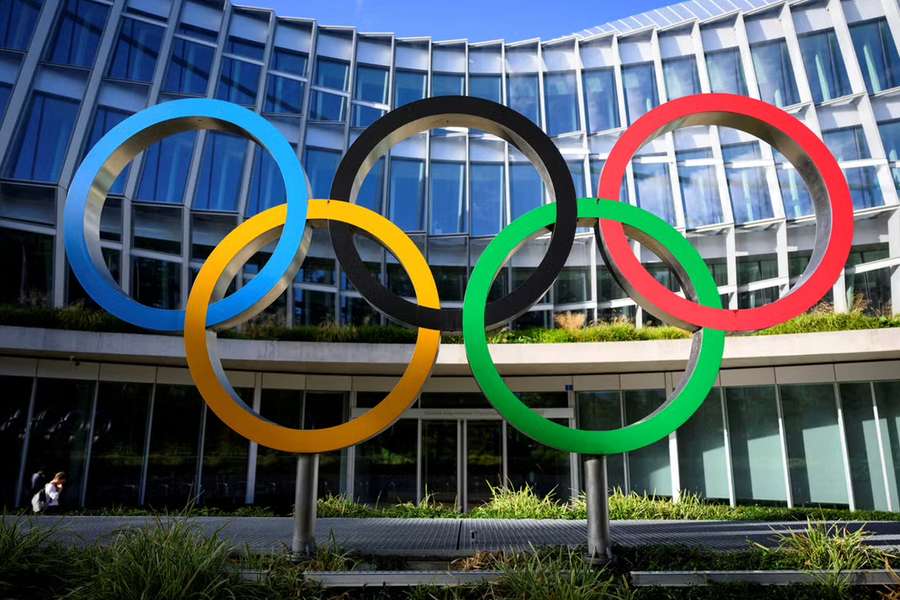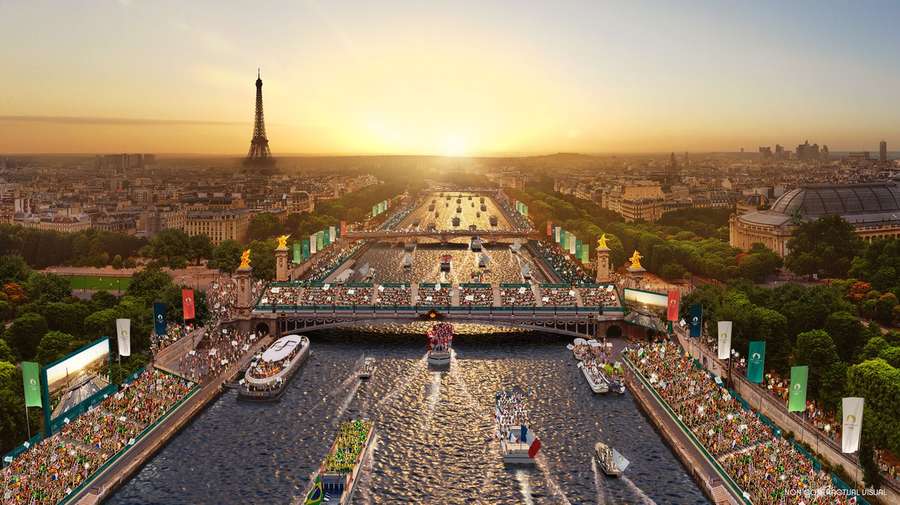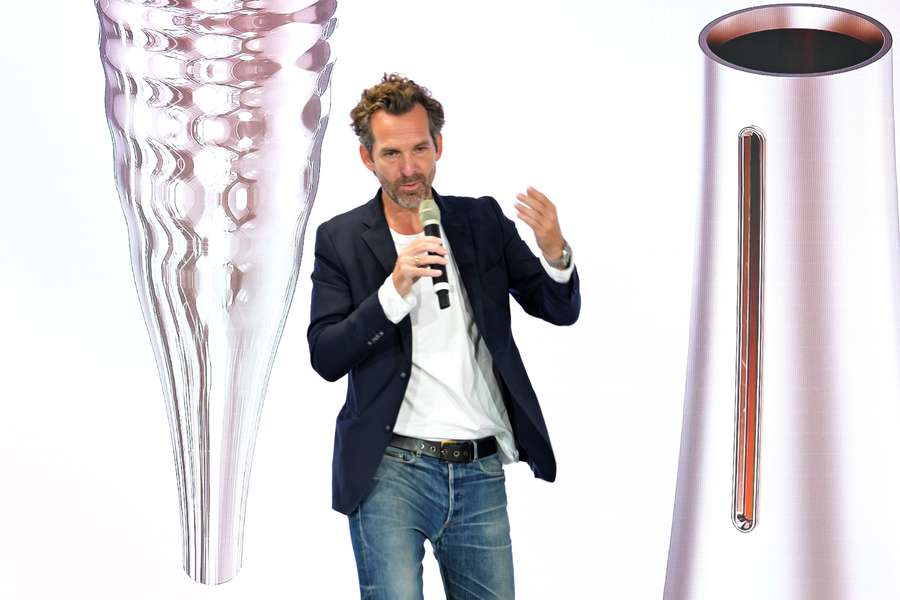Paris Olympics organisers face whole host of challenges with a year to go

Organisers will pray there is no repeat next summer of the riots that raged around France earlier this month after a policeman shot dead a 17-year-old youth at a traffic stop.
International Olympic Committee (IOC) President Thomas Bach said this month he was sure the Paris Olympics would take place "in a peaceful environment", even though much of the trouble flared in parts of the French capital where Games events will take place next year.
"We can note that these riots were not related to the Olympic Games in any respect," Bach told reporters.
"We can feel the great support of the French people for these Olympic Games. So we are very confident that the Games can and will happen in a peaceful environment," Bach added.

Shadow of Ukraine war
With no end to the war in Ukraine in sight, the issue of whether Ukrainian and Russian competitors can compete side-by-side at the Paris Olympics remains unresolved and highly sensitive.
Ukraine's sports minister has threatened to boycott if Russian competitors are allowed to take part, although many potential Ukrainian Olympians are now questioning that stance.
IOC chief Bach's instruction to sports federations that Russians and their Belarusian allies should be allowed to compete in qualifying events for the Olympics has angered many Ukrainian sportspeople.
Bach argues that denying Russian competitors the right to compete because of their government's actions is tantamount to denying them their human rights.
"It seems to me the entire sports community is shouting that Russian athletes have no place at the Olympics, and Bach stubbornly ignores the opinion of the majority," Anna Ryzhykova, a three-time European Championships 400m hurdles medallist, told AFP.
If Russians do compete in Paris, it will undoubtedly be as a 'neutral' team without official team colours.
Opening ceremony to set the tone
The unprecedented opening ceremony on the River Seine will set the tone for the Games.
Instead of the traditional setting in a stadium, the teams will parade down the river on 115 boats, with the spectacular backdrop of the Eiffel Tower and the Paris landmarks and up to half a million spectators lining the river.

"It will be a little bit like the signature of Paris 2024," the head of the Games' local organising committee, Tony Estanguet, said.
The nature of the ceremony also presents heightened security challenges -- security forces have underlined the threat from drones.
Probe into organisers
The local organising committee was rocked in July when its offices were raided by police as part of an investigation into contracts awarded for the Games.
The homes of Etienne Thobois, the Chief Executive Officer of Paris 2024, and Edouard Donnelly, the executive director of operations, were also raided.
The investigation will not stop the Games taking place but it is an embarrassment.
The organising committee says it is one of the most audited and scrutinised bodies in France and that no wrongdoing has been proven.
Transport under pressure
While competitors should be whisked along dedicated Olympic lanes from the Athletes' Village to venues, spectators could face more problems getting about in an already congested city.
The race is on to complete the extension of Metro Line 14 so that it runs to the Athletes' Village in Saint-Denis, north of Paris, where the athletics venue Stade de France is also situated.
Despite concerns, Jean Castex, the former French prime minister in charge of Paris transport authority RATP, says that line will be ready by June 2024.
The airports are bracing for a surge in arrivals. Around 85,000 athletes and officials will be accredited for the Games and many will come with the kind of outsized baggage -- bicycles, kayaks etc - unique to Olympians.
